The hunger strike by Iranian prisoner Narges Mohammadi opposes repressive laws. Her disobedience symbolizes resistance and a search for justice, reflecting a more significant movement against required headscarves.
Renowned Iranian human rights activist and Nobel Peace Prize winner Narges Mohammadi has gone on a hunger strike while detained in Iran. Her act of defiance challenges Iran’s requirement that women cover their heads with a headscarf, and it is a moving protest against not being able to access healthcare. Her tireless commitment to justice is highlighted by this significant gesture, which also draws attention to the oppressive conditions and policies she must deal with.
The journey of Narges Mohammadi is characterized by extraordinary bravery and tenacity. Her lifetime of fighting for social justice and human rights has not been without difficulties. She has persevered through an Iranian government campaign to silence her for decades, but she is still a relentless force for change.
Her hunger strike demands attention and accountability from Iran’s theocratic regime in a strong message. It increases the pressure on the government, which has been under fire for its strict policies and handling of activists for a long time.
But Narges Mohammadi is not the only one going through hardship. Another well-known activist and human rights lawyer, Nasrin Sotoudeh, is in a similar situation. She needs medical attention immediately, but she can’t get it. Her arrest happened while she was attending a funeral for a young child who died in Tehran’s Metro, allegedly because she was not covering her head with a headscarf.
After weeks of persistent efforts by her and her legal team to secure her transfer to a specialized hospital for heart and lung care, Narges Mohammadi decided to go on a hunger strike from Evin Prison. Her health issues are unquestionably serious; there have been reports of lung pressure and three vein blockages. Surprisingly, her refusal to wear the required hijab is the reason she is not receiving medical care.
The Norwegian Nobel Committee, speaking for the international community, has conveyed serious concerns regarding Narges Mohammadi’s declining health. The Committee has strongly condemned as cruel and immoral the requirement that female prisoners cover their heads before they can receive medical care. They have demanded that she and the other female prisoners receive the immediate medical attention they need.
The hunger strike by Narges Mohammadi serves as a poignant reminder of the ongoing fight against Iran’s policy requiring women to cover their heads. This clothing item has significant cultural and political meaning in the society where it is worn, and it has come to represent defiance of laws that oppress people. The headscarf is seen by many as a symbol of modesty and purity, but it also connotes control and limitations on personal freedom.
Narges Mohammadi symbolizes tenacity and defiance because of her devotion to the cause of women’s rights and her unwavering commitment to change. She continues to fight for women’s rights and inspires female-led demonstrations against the mandatory headscarf, even after being arrested multiple times and serving years in jail.
Critics of these policies have been more critical in light of recent incidents, which include the tragic case of Armita Geravand, a teenager who was not wearing a headscarf and suffered a head injury in Tehran’s Metro. Activists wonder if attacks on people who refuse to wear the required hijab are the cause of these incidents. Concerns and calls for change have been raised about this matter since Armita Geravand died.
Renowned human rights lawyer Nasrin Sotoudeh was also caught up in this battle when she was detained while at Armita Geravand’s funeral. After an argument that resulted in her arrest, she is currently dealing with head injuries.
Human rights organizations from all around the world have taken notice of this situation and have condemned the way these activists have been treated, calling for the protection of their rights. It serves as a reminder that the struggle for justice and individual liberties is still going strong and has an impact well beyond Iran’s boundaries.






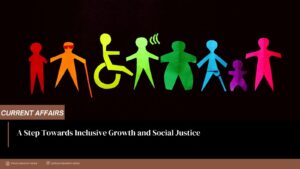
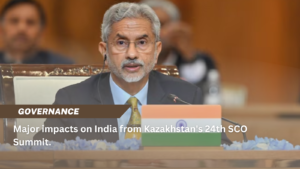



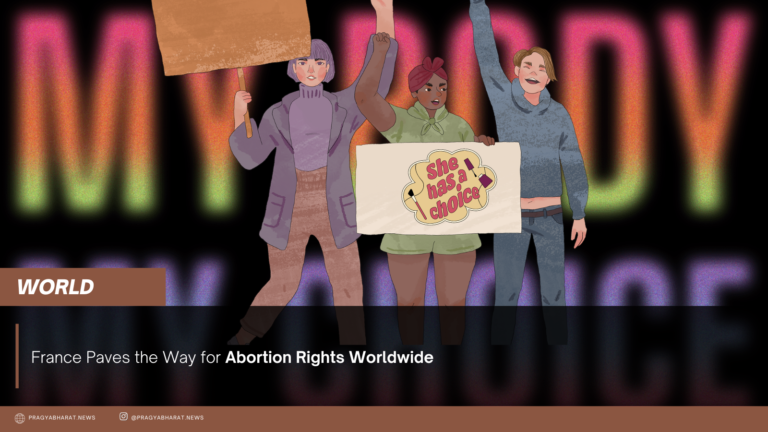

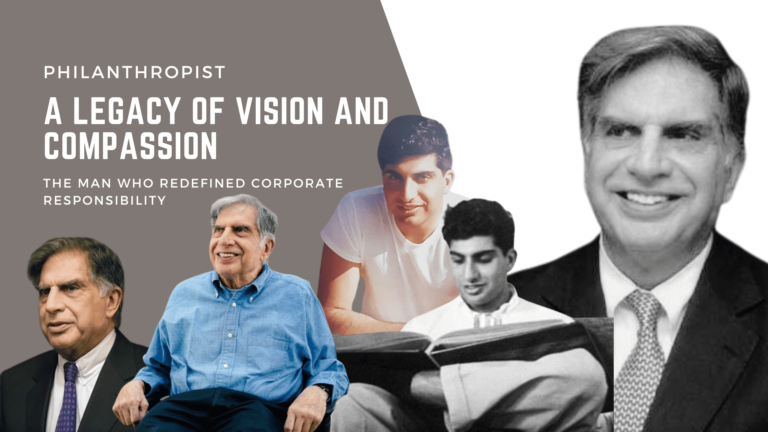





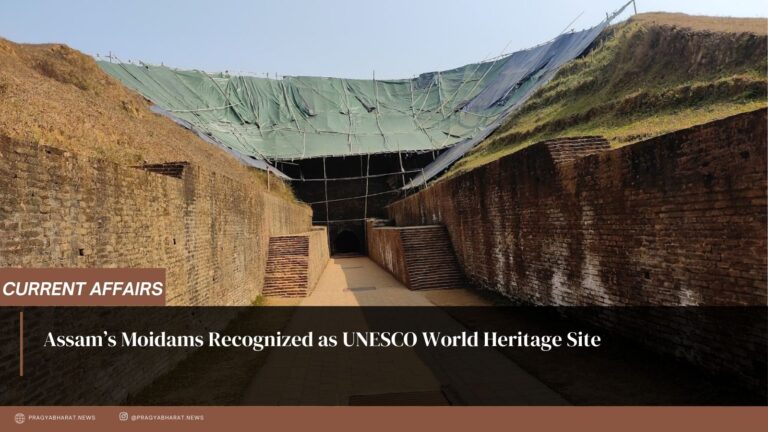
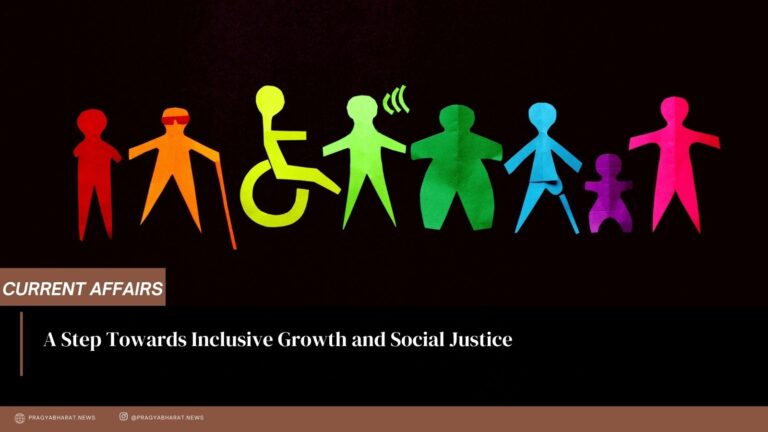
+ There are no comments
Add yours